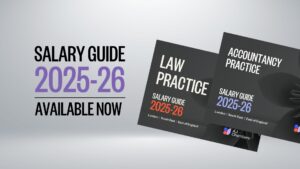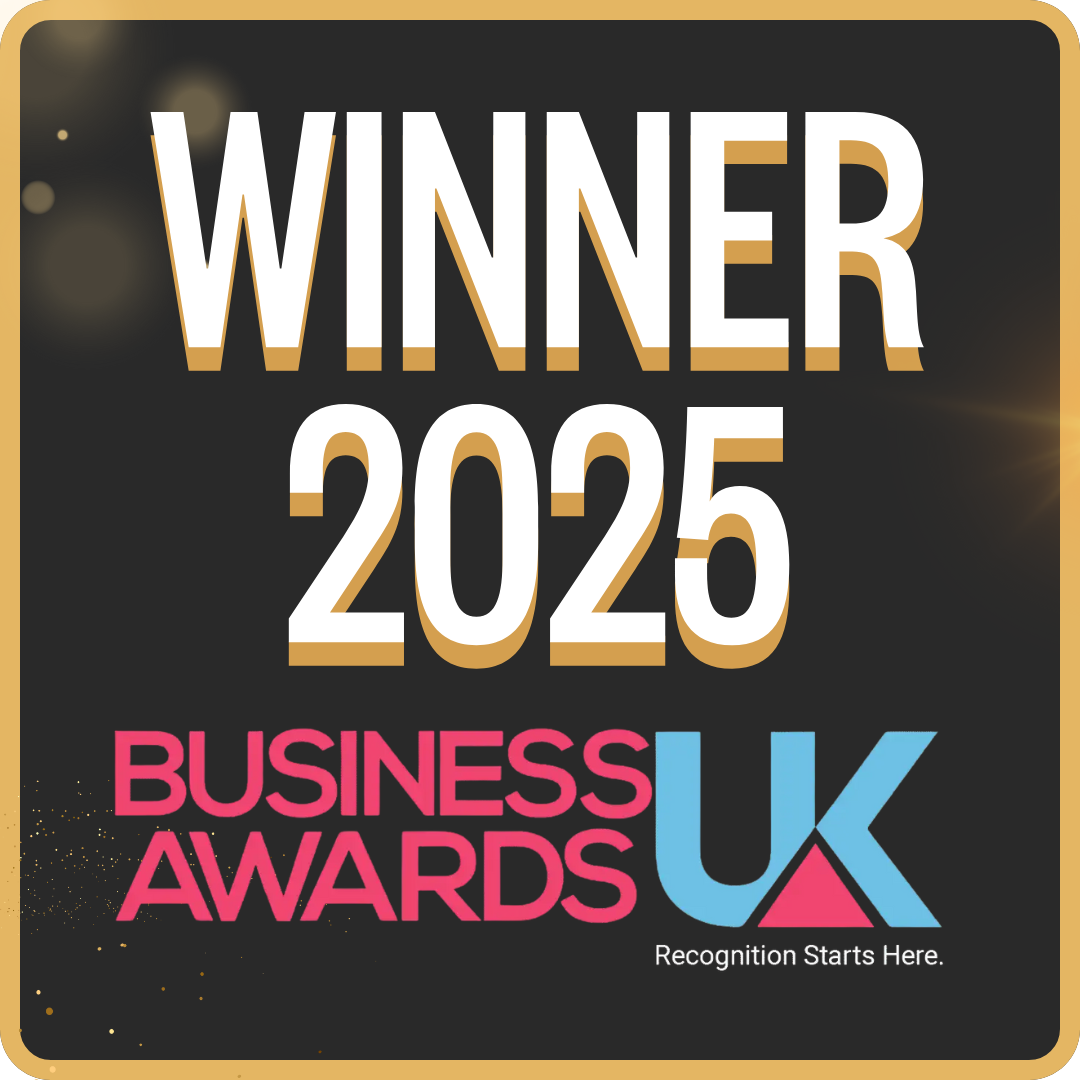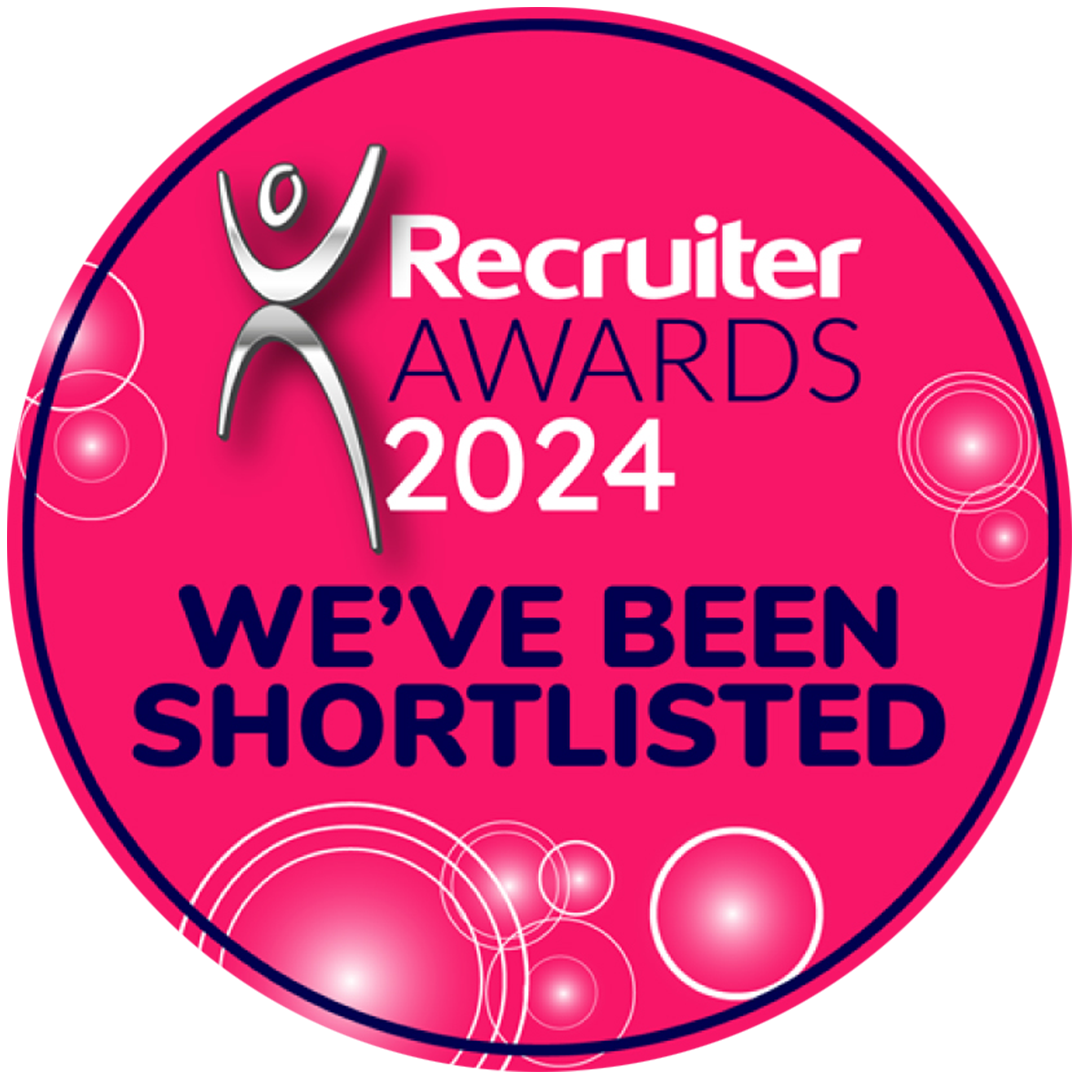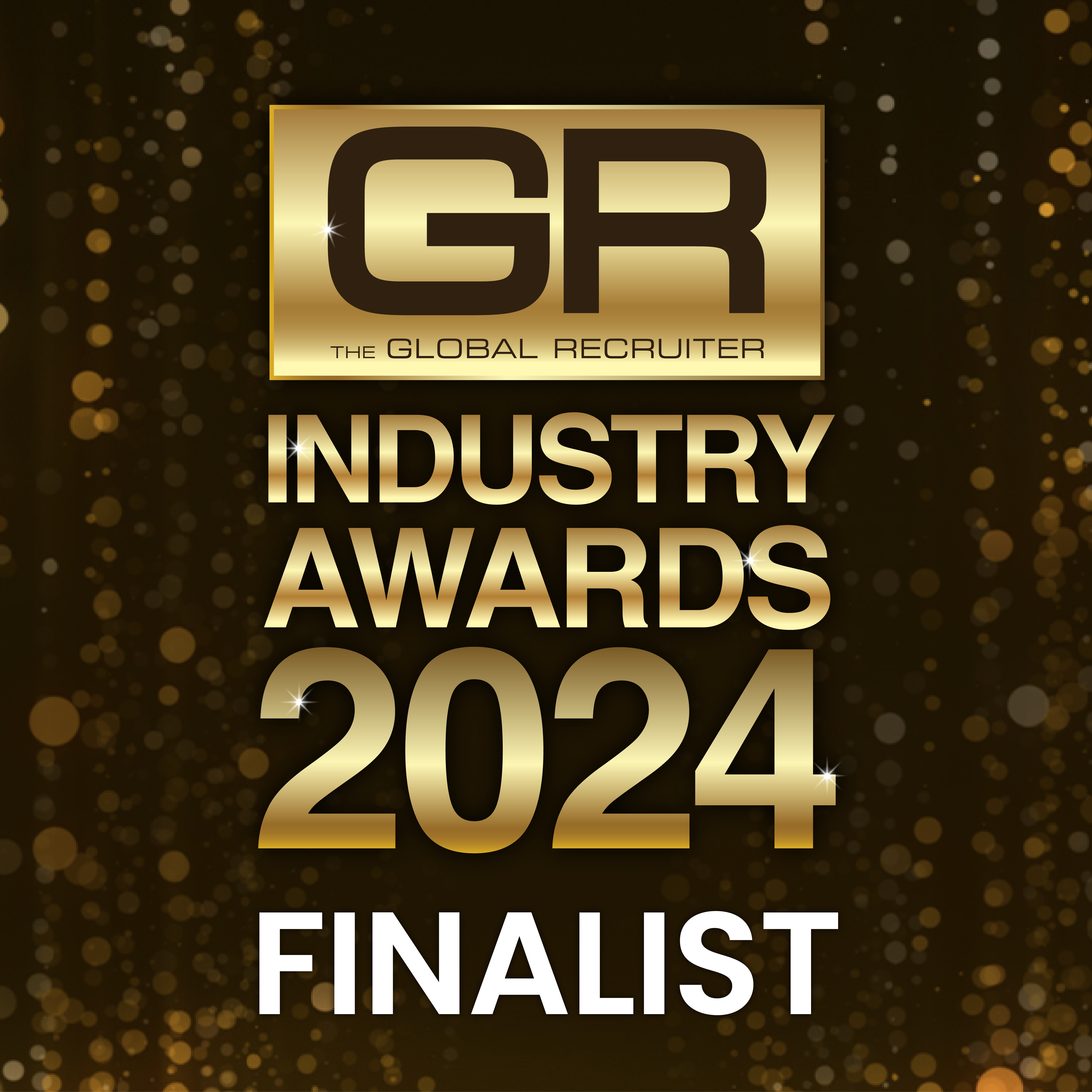Your interview preparation hinges on various factors or their interplay. One such thing that is often overlooked is the importance of the set of questions you, the interviewee, ask.
With the chance to ask questions usually coming at the conclusion of the interview, what better opportunity is there to leave a positive lasting impression?
Having nothing to ask, could be a sign that the interview was incredibly productive. But it’s more likely to read as a lack of curiosity about the opportunity. Or even worse, a lack of preparation.
So, how can you ensure you ask the right questions and demonstrate your keen interest in the role?
💼 Prepare for success
Generally speaking, you should want to ask the interviewers two or three questions.
But that’s not to say you shouldn’t prepare more than that.
I often advise having seven to ten questions prepared ahead of time. That way, when some of these are answered naturally throughout the meeting, you still have a few reserves to draw from. Sparing you the pressure of conjuring questions on the spot.
And on this point, I would have your questions written down in front of you, preventing the unfortunate ill-timed mind blank that we’ve all experienced before.
🎤 Showcase your research
A good place to start is by asking questions that show that you’ve done your due diligence. And researched the company in more depth.
When preparing for the interview, this likely means that you’ve had a look at the firm’s website and “About Us” page, you’ve checked out the interviewers on LinkedIn, and looked up relevant news items.
Asking questions about what you’ve uncovered will demonstrate that not only are you proactive and diligent, but that you are also genuinely interested in the company’s recent achievements and initiatives.
e.g.
“I saw on LinkedIn that the disputes team was recently involved in the XYZ case, is that indicative of the typical work the team handles?”
“I’ve seen that the firm was recently nominated for a social mobility award. Can you shed light on the potential opportunities to contribute to such initiatives if I were to join?
🎁 Clarify expectations
Don’t be afraid to seek clarity on the expectations of the position. You might want to ask about the key responsibilities you will have, any upcoming projects that you would be involved in and whether there are any challenges that the team is currently facing.
Not only does this show that you’re forward-thinking. But it also gives you a further opportunity to highlight how your skills align perfectly with the role.
e.g.
“What are the short-term and long-term goals for someone in this position?”
“How is performance measured in this role and what are the key performance indicators (KPIs)”
👉 Avoid being too direct
While the quest for information is vital, a direct approach to questioning can sometimes be misconstrued or perceived as presumptive.
This is where working with a recruiter can really come in handy. A skilled recruiter can tactfully ask the questions you might not be comfortable asking yourself.
These could be questions relating to what would ‘take’ from your potential employer such as your salary and benefits or your working arrangements. That way you can focus your efforts on asking questions tailored to highlight what you can contribute to the company.
If direct questions can’t be avoided, try to maintain a positive tone and frame your questions in a tactful manner. Or provide context around the reason for the question.
For example, rather than asking “What are the promotion opportunities like here?”. Instead say “I’m curious about the career growth and advancement opportunities within the company. What would be a typical career path for someone in this role?”
📞 Get the inside scoop
I always think one of the most illuminating questions you can ask an interviewer is “Why did you join?” or similarly “What do you enjoy about working here?”
This invites discussion about the company’s values, culture and overall work environment, plus the answers you received could also touch on matters such as employee development and work quality.
Furthermore, asking a more personal question will strengthen the connection and rapport you’ve built with the interviewer. And showcase your interest not just in the role but in the broader experience of being a part of the company.
Remember
Interview preparation is important.
Yes, sometimes you might have to endure a technical grilling. But it is crucial to remember that you have the right to evaluate them as much as they do to you. Your goal is to leave the interview with the information you need to assess whether the job aligns with your aspirations and values.
So, the next time an interview says “So, any questions?”, make sure you ask away.
Article by Shannon Aldis, Senior Recruitment Consultant at AJ Chambers.
Explore more of our latest insights here.
- The Budget | with Robert Leggett
- AJ Chambers Salary Guides 2025-2026
- CVs that turn heads | How to stand out to Accountancy and Legal employers










 AJ Chambers Recruitment Ltd,
AJ Chambers Recruitment Ltd,